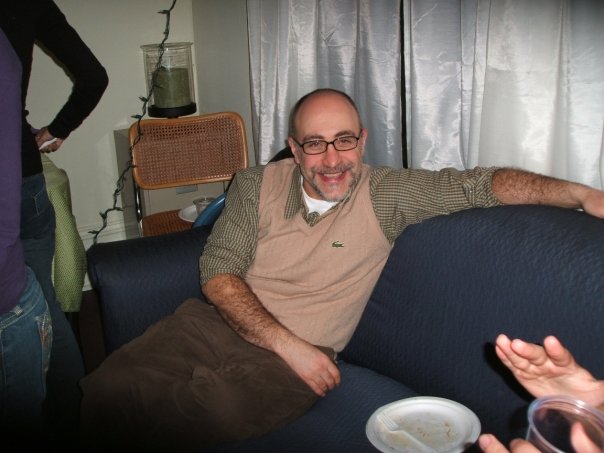As people who grew up with English, we tend to rely on our intuitive sense of the language to write or edit--after all, style is subjective. However, there are times when that workaround is not good enough, or other times when we just want to settle a debate with a fellow lover of language. Thus, I have decided to start blogging on the topic of editorial style as a way to strengthen my own editing skills while providing an accessible forum wherein aspects of editorial/writing style may be discussed. So where do I start? Yesterday a former student, who's currently writing her personal statements to meet imminent application deadlines, asked me if there is an easy way to remember when to hyphenate words. "When do I hyphenate a phrase like "time intensive" or "problem solving"? Thus, inspired by my student's question, my first Editorial Style blog entry is on compound phrases.
It helps to keep in mind the 3 basic categories of compounds:
Open, hyphenated and solid (or closed)
It helps to keep in mind the 3 basic categories of compounds:
Open, hyphenated and solid (or closed)
- Open: A compound written in two words (e.g., high school, common sense)
- Hyphenated: A Compound phrase linked by a hyphen (e.g., self-confidence, ego-driven)
- Solid: Compounds written as one word (e.g., schoolteacher, headache)
Although the structure of some compounds is fixed, the treatment of others depends on their grammatical function. For example, a compound such as time consuming, is hyphenated when it precedes a noun, as in When I take a math exam I attempt the easier, less time-consuming problems first. When the same compound follows a noun, however, it is open, as in The research I did in grad school was time consuming.
Adjectival compounds that precede nouns are called attributive, while ones that follow the nouns they modify are known as predicate adjectives.


